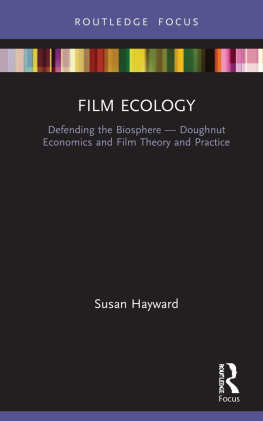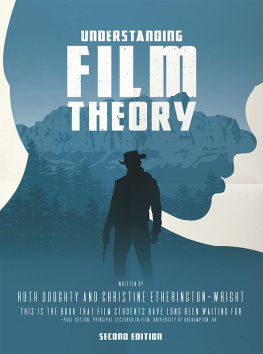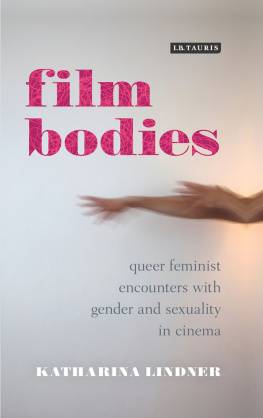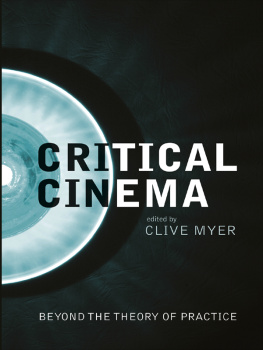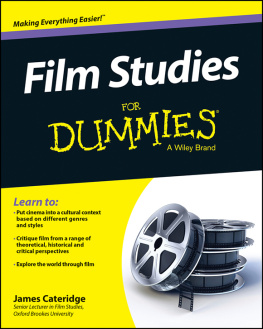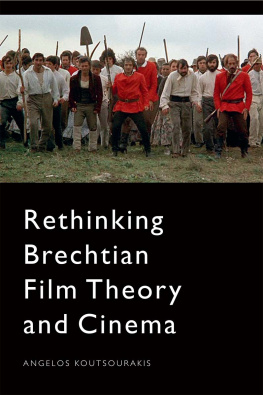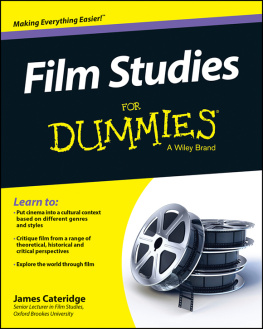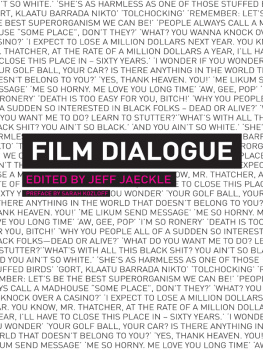Film Ecology
Using the Regenerative economic model also known as Doughnut Economics Susan Hayward offers a thought-provoking sketch for a renewed, tentatively revolutionary approach to both film theory and film practice.
This book attempts to answer the questions posed by T.J. Demos (in Against the Anthropocene, 2017): how do we find a way to address planetary harm and the issues it raises within the field of Film Studies? How do we construct a theoretical model that allows us to visualise the ecological transgressions brought about by the growth-model of capitalism which is heavily endorsed by mainstream narrative cinema? By turning to the model set out in Kate Raworths book Doughnut Economics (2017) and adapting its fundamental principles to a study of narrative cinema, Film Ecology proposes to show how, by using this model, we can usefully plot and investigate films according to criteria that are not genre/star/auteur-led, nor indeed embedded in anthropocentric theoretical models, but principles which are ecologically based. These arguments are brought to life with examples from mainstream narrative films such as The Giant (1956), Mildred Pierce (1945), Erin Brockovich (2000), Wall Street (1987), Hotel Rwanda (2004), and Missing Figures (2016).
This approach will inspire film practitioners, film theorists, critics and analysts, film students, and film lovers alike to consider how they might integrate this Doughnut model into their thinking or work as part of their process.
Susan Hayward is Emeritus Professor of Cinema Studies at Exeter University. She is the author of numerous books on French Cinema and Cinema Studies: The Key Concepts (now in its fifth edition).
First published 2020
by Routledge
2 Park Square, Milton Park, Abingdon, Oxon OX14 4RN
and by Routledge
52 Vanderbilt Avenue, New York, NY 10017
Routledge is an imprint of the Taylor & Francis Group, an informa business
2020 Susan Hayward
The right of Susan Hayward to be identified as author of this work has been asserted by them in accordance with sections 77 and 78 of the Copyright, Designs and Patents Act 1988.
All rights reserved. No part of this book may be reprinted or reproduced or utilised in any form or by any electronic, mechanical, or other means, now known or hereafter invented, including photocopying and recording, or in any information storage or retrieval system, without permission in writing from the publishers.
Trademark notice: Product or corporate names may be trademarks or registered trademarks, and are used only for identification and explanation without intent to infringe.
British Library Cataloguing-in-Publication Data
A catalogue record for this book is available from the British Library
Library of Congress Cataloging-in-Publication Data
Names: Hayward, Susan, 1945 author.
Title: Film ecology: defending the biosphere: Doughnut
economics and film theory and practice / Susan Hayward.
Description: London; New York: Routledge, 2020. | Includes
bibliographical references and index.
Identifiers: LCCN 2019058538 (print) | LCCN 2019058539 (ebook) |
ISBN 9780367265519 (hardback) | ISBN 9780429293801 (ebook)
Subjects: LCSH: Environmental protection and motion
pictures. | Environmentalism in motion pictures. |
Ecology in motion pictures. | Capitalism in motion pictures. |
Motion picturesPhilosophy. | Ecocriticism.
Classification: LCC PN1995.9.E78 H39 2020 (print) | LCC
PN1995.9.E78 (ebook) | DDC 791.43/6553dc23
LC record available at https://lccn.loc.gov/2019058538
LC ebook record available at https://lccn.loc.gov/2019058539
ISBN: 978-0-367-26551-9 (hbk)
ISBN: 978-0-429-29380-1 (ebk)
Typeset in Times New Roman
by codeMantra
For Sandra Cook
A great friend and supreme conversationalist
Whose estimable knowledge of film and theatre has kept us in Dialogue for some 30 years.
Only humans have the power to alter the ecosphere irrevocably and therefore only humans have the responsibility to manage it. (Regenia Gagnier, 2018, 226)
When I started thinking about this project just over two years ago, I was full of despondency and gloom that no one (amongst the higher-ups) was really listening to the resounding voices of scientists, ecologists, and all manner of ecocide campaigners worldwide who were saying that CLIMATE CHANGE is for real, its happening and if we do not take steps right now to bind ourselves to the Paris Agreement (at the very least), to commit to good ecological practice and law in all areas, we are inviting our own extinction within less than 100 years. The then newly elected President Trump of the USA had just ripped up Americas signed copy of the Paris Agreement; other countries naturally felt the belt (or noose) had loosened around their obligations and so continued to move at a snails pace to meet any CO2 targets. However, a voice in the back of my head reminded me that in every negative there is some perceivable positive. And, presently, two years on, this would appear to be the case. There is some room for optimism. President Trumps continued Climate Change Denialism has, to a degree, back-fired at least in countries outside the USA. People of all ages, especially the young (thank goodness), have started to bang their drums and have a presence both in Parliament and at the United Nations where their voices are treated with respect. In the arts, the Anthropocene and its effects are noticeably at the heart of numerous plays, films, television dramas, nature programmes and documentaries, painting, sculpture, novels, music, and poetry. School children are demanding the right to have a decent environment in which to live (surely a planetary and human right). The effects of plastic pollution are now an identifiable reality not just in the oceans (where the levels are truly shocking) but also within everything we digest and therefore within us. So too is the critical effect of air pollution particles caused by vehicles and industry on the worlds population.
Thanks to the pressure we have put on the planet, we are responsible for the first geological epoch to be shaped by humanity. The effect of this planetary plundering is such that in just two centuries we have moved from the Holocene (a biosphere in which humanity and the planet were in balance, and in which we have survived well for 12,000 years) to the Anthropocene in which humanity and the planet are out of kilter, thanks to human (Anthros) technology. Meantime, we have failed to take responsibility for the planetary harm we do, to the effects of the harm that this causes to other peoples forced into migration because the land they lived in can no longer provide for their essential needs as indeed is documented in
As a measure of the perceived importance of these documentaries, Rosis film received the Golden Bear at the 2016 Berlin Film Festival. Ai Weiweis film was nominated, in 2018, for an Oscar. Redgraves film was selected for the Special Screenings Section at the 2017 Cannes Film Festival.
Two years ago, it was a case of where to begin. Increasingly, it has become a case for clarity. Two years ago, I was asked by BAFTSS to give a keynote talk at their 2018 annual conference, which was entitled Revolutions, at the same time I was reading the economist Kate Raworths wonderful book Doughnut Economics, Seven Ways to Think Like a 21-st Century Economist

